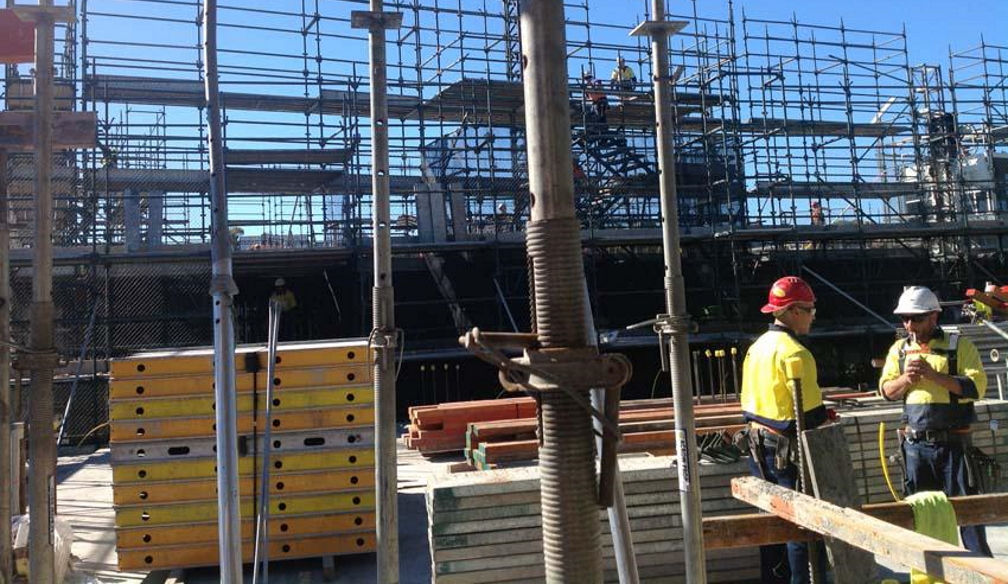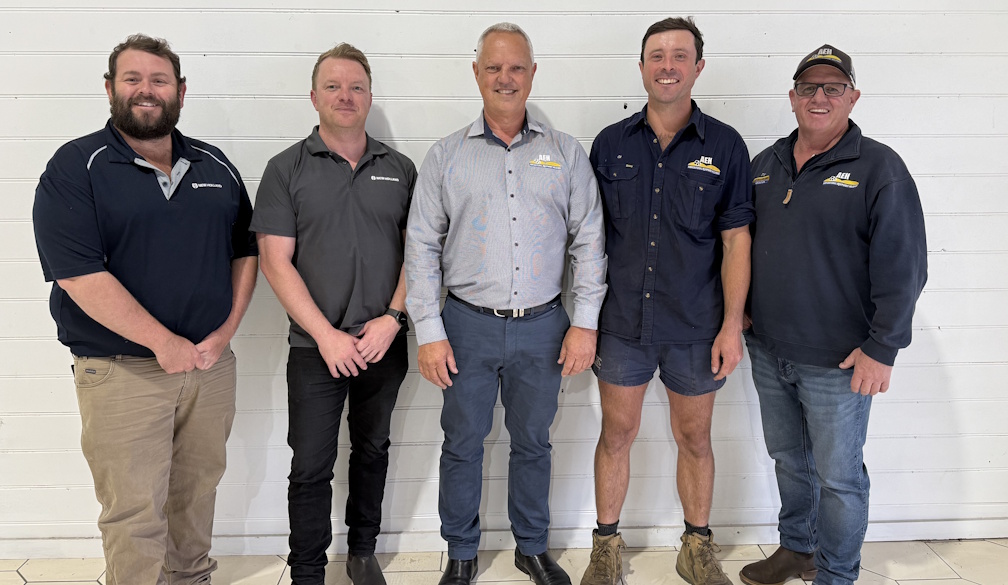Labour crunch to deepen in 2026 as regional skills crisis escalates
- Written by Times Media

A leading talent acquisition expert is warning Australian businesses are facing an unprecedented recruitment challenge in 2026, with skill shortages forecast to worsen in key sectors such as manufacturing and mining, threatening growth and productivity, especially outside metropolitan cities.
KellyOCG Senior Director Daniel Cornett, who oversees Recruitment Process Outsourcing (RPO) across Australia and the Pacific said as Australia’s jobs market tightens to near record highs, businesses that don’t rethink their talent acquisition model risk falling behind.
“We are forecasting the critical shortage of workers in regional Australia to worsen in the first quarter of 2026, which makes the talent pool far smaller for businesses in more remote geographic locations.
“This becomes even more problematic when companies try to fill a higher number of positions all at once,” Mr Cornett said.
“The lack of suitable applicants is the most significant factor in recruitment, especially those in regional parts of the country.
“The big shift we are expecting to see in the coming six to 12 months is more companies adopting Recruitment Process Outsourcing (RPO) to help secure the right talent, faster and more cost-effectively,” he said.
The latest national Jobs and Skills Australia Recruitment Insights report shows employers outside metropolitan Australia face significantly more recruitment difficulty than those in major cities, with 65% of employers in regional and remote areas reporting recruitment difficulties compared to 49% of businesses in major cities.
A third (32%) of businesses in regional areas took three months or more to fill a position, compared to 9% of city-based employers. While 20% of businesses in regional and remote parts of Australia still had a vacancy after three months or more.
Mr Cornett warns some industries will be more susceptible to chronic skill shortages in 2026 including manufacturing, trades and other technically skilled sectors as well as health and financial services, with the issue magnified in regional Australia.
He said the average time to fill a role in metro areas was around 32 days, compared to three months or more in regional areas.
“A longer recruitment cycle means more than just delay, it can translate into real costs for a business,”
In a market strained by skills shortage, Mr Cornett says organisations must view RPO as an essential component of their talent strategy.
- Scalability and reach: Utilising RPO can see recruiters deployed in hard-to-reach and remote geographic regions, giving organisations access to broader talent pools, especially in regional Australia.
- Speed to fill a vacancy: By leveraging experienced recruitment teams, established networks, and proven pipelines, RPO-driven hires often significantly reduce time-to-fill, mitigating the high vacancy costs associated with prolonged recruitment and a reduction in “bad hires”.
- Cost efficiency: RPO can deliver hiring volumes quickly and more cost-effectively than in-house teams for hard-to-fill or specialised skills based roles. RPOs also have a broad candidate pool for skills based hires.
- Expertise in skills shortage sectors: A trusted RPO provider has expert teams who specialise in industries where there are acute talent shortages, giving companies a head start over their competitors when it comes to recruitment in sectors such as manufacturing, healthcare or financial services.
- Consistent engagement: An RPO can help maintain consistent candidate engagement across regions, ensuring a high-quality recruitment experience, even in geographically dispersed operations.









